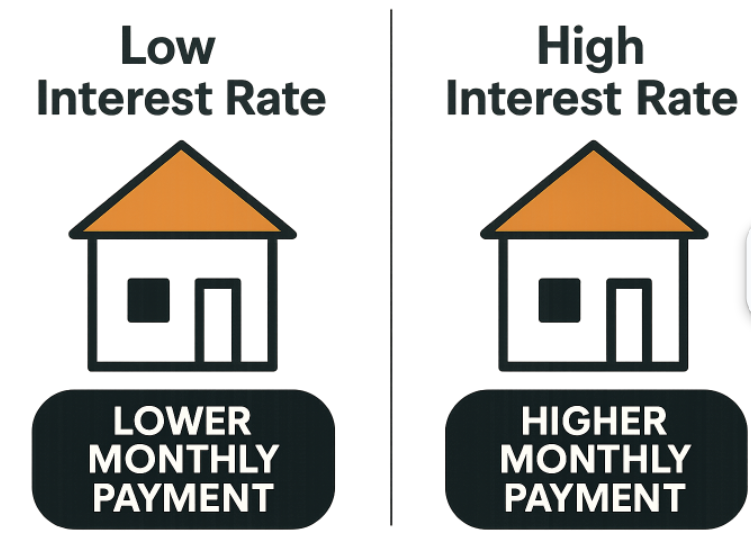Switching to a new CRM is exciting, but it can also be expensive. CRM migration means moving all your data, processes, and users into a fresh system. Done right, it unlocks efficiency. Done poorly, it drains budgets fast.
That’s why understanding a CRM migration cost breakdown is critical. It shows where your money actually goes; licenses, data transfer, training, and more. Without this clarity, businesses often underestimate total costs.
The real risk? Hidden costs of CRM migration. From data cleanup to downtime, these surprises can derail budgets. Planning ahead keeps your migration smooth and affordable.
What Impacts CRM Migration Costs?
Not all migrations cost the same. The final price depends on several key factors that shape complexity and effort. Here are the biggest drivers:
Data Volume and Complexity
The more records you migrate, the higher the cost. CRM data migration pricing also rises if data is messy or needs cleansing.
Number of Users and Licenses
Adding more users means more licenses, training, and configuration. License costs often make up a large part of the CRM implementation and migration costs.
Customizations, Workflows, and Integrations
Every extra workflow or third-party tool adds complexity. Connecting ERP, finance, or marketing platforms increases both effort and cost.
Migration Timeline and Vendor Expertise
Fast timelines usually demand higher budgets. Experienced partners charge more, but they help you avoid costly mistakes.
CRM Migration Cost Breakdown (2026 Pricing Guide)
Budgeting for a migration isn’t just about the new software. Costs span licensing, data transfer, setup, and long-term support. Here’s a CRM migration pricing guide for 2026 with typical ranges to expect:
| Category | What It Covers | Typical Cost Range (2026) |
| Licensing & Subscriptions | New CRM platform licenses, user seats, annual fees | $15–$150 per user/month depending on vendor |
| Data Migration Pricing | Transfer of records, files, attachments; cleansing & mapping | $1,000–$10,000+ (or $0.01–$0.05 per record / $200–$500 per GB) |
| Implementation & Setup | Configurations, custom fields, user roles, workflows | $5,000–$25,000 for SMBs; higher for enterprises |
| Integrations | ERP, marketing automation, finance, support tools | $3,000–$15,000+ depending on number & complexity |
| Training & Support | Onboarding, workshops, ongoing helpdesk or admin support | $1,500–$10,000+ depending on duration & scope |
These ranges vary by vendor, project scope, and industry. The real cost often depends on how much customization your business requires.
CRM Migration Planning (How to Stay on Budget)
A clear plan helps prevent surprise expenses and keeps your migration on track. Follow these best practices to control costs:
- Set Clear Goals and Scope Early: Define what data, users, and features are in scope.
- Audit Existing Data Quality: Clean up duplicates and outdated records before migration.
- Choose Phases vs. Big-Bang: A phased rollout can reduce risk and spread out costs.
- Involve IT and Business Users: Collaboration ensures both tech needs and daily workflows are covered.

What Businesses Should Expect
By 2026, the way companies pay for CRM migration looks a little different. Pricing models are evolving, and so are the tools used to keep costs in check.
Many vendors now bundle subscriptions with migration services, offering “all-in-one” packages instead of separate invoices. This makes budgeting easier but can also hide extra fees.
At the same time, smarter automation is reducing manual labor. What once took weeks of hands-on work can now be done in days with the right tools.
Finally, the demand for AI-assisted migration tools is rising fast. Businesses are using AI for data mapping, duplicate detection, and even predictive cost modeling. It’s not perfect, but it helps keep projects on time and on budget.
How RT Dynamic Helps You Control Migration Costs
At RT Dynamic, we design CRM migration services around your business size, industry, and goals. Whether you’re a small team or an enterprise, our approach adapts to your needs without adding unnecessary costs.
We believe in transparent pricing. That means no surprise add-ons, no hidden fees, and clear cost breakdowns before we begin. Our clients know exactly what they’re paying for and why.
Conclusion
Planning and budgeting are the foundation of a successful CRM migration. Without them, even the best tools can run over budget and timelines.
The right partner prevents costly surprises and ensures a smooth transition that fits your business needs. Transparent guidance and ongoing support make all the difference.
Work with RT Dynamic for a reliable, cost-effective CRM migration. We help you move with confidence, control costs, and unlock the full value of your new CRM.
FAQs
How much does CRM migration cost in 2026?
Most businesses spend between $10,000 and $50,000 on a full migration. Small teams with less data may pay less, while enterprise migrations with heavy integrations can exceed $100,000.
What are the hidden costs of CRM migration?
The biggest hidden costs are data cleansing, downtime, middleware, and post-migration support. Many companies forget to budget for training or temporary productivity dips during rollout.
How is CRM data migration pricing calculated?
CRM data migration pricing is usually based on the number of records, data size, and complexity. Some vendors charge per record, others per GB, while larger projects use flat or tiered pricing.
How long does CRM migration take?
A typical migration takes 8–12 weeks. Larger projects with multiple integrations or millions of records may extend to 6–12 months, depending on scope and resources.
How do I choose the right CRM migration partner?
Look for partners with transparent pricing, proven migration experience, and strong post-implementation support. A good partner helps avoid hidden costs and ensures your new CRM is fully adopted. RT Dynamic delivers exactly that – clear pricing, expert migration services, and ongoing support tailored to your business.
Read More: Top 5 MSP Appointment Setting Strategies Using Targeted Campaigns to Accelerate Sales




